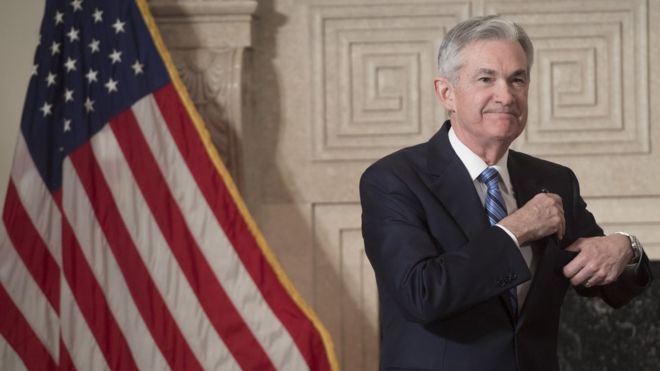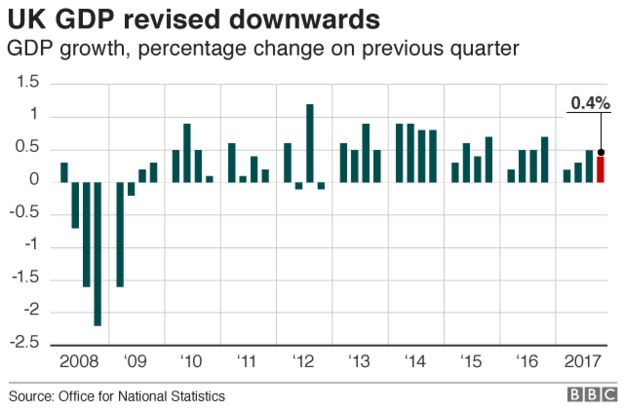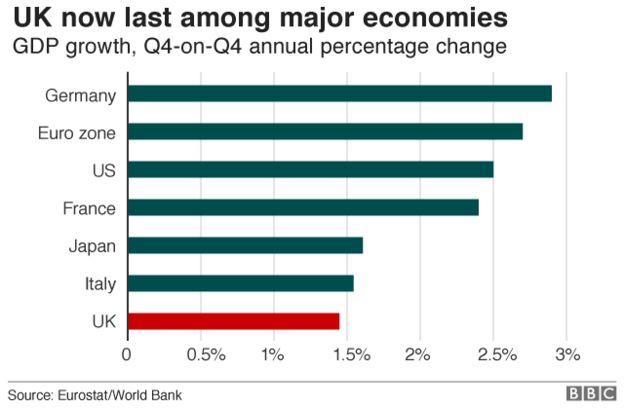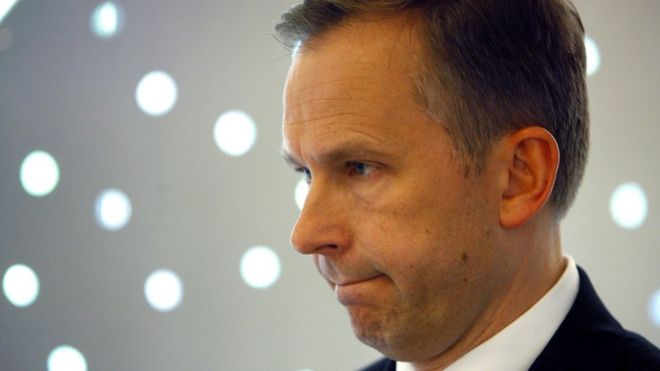LONDON (Reuters/IFR) - Germany’s IKB Deutsche Industriebank, rescued twice during the financial crisis, has issued one of the riskiest forms of bonds without any credit rating from the big agencies. And yet, like many euro zone peers, it found itself swamped with demand.
IKB’s raising of 300 million euros last month, and other similarly successful debt sales, show how many investors are willing to set aside memories of the 2007-2008 global shock and its 2010-2012 repeat in the euro zone.
Despite misgivings among some others, they are happy to take on the extra risk due to attractive yields, a booming euro zone economy and confidence in banking system reforms implemented since the crises.
In particular, lower-rated, higher-risk bonds known as subordinated debt have become the preferred instrument for some of Europe’s biggest investors.
While such “junior” bonds are often in the first line of fire in the event of default, they are proving attractive as they typically offer a better return than more senior layers of debt whose holders would have a greater claim to repayment in the event of any bank failure. IKB’s issue, which yielded 4 percent, drew enough demand to sell the debt four times over.
“The fundamentals for banks in Europe are much better than they were in the past: not only because of the recovery but also because of the deleveraging of the sector and stronger regulations,” said Eric Brard, head of fixed income at Amundi, one of Europe’s largest asset managers with over 1.4 trillion euros of assets under management.
Brard points to expectations that the European Central Bank will gradually unwind its ultra-easy monetary policy. “With tightening policy, the move away from negative interest rates in coming months and years should benefit the financial sector in the long run,” he said.
Higher interest rates help banks which typically have large cash holdings from customers’ deposits. Also, with longer-dated bond yields rising, those that borrow short-term money and lend it on longer-term should likewise benefit.
Brard said he prefers subordinated bonds because of the 50-100 basis point yield premium they typically offer above their senior counterparts.
Amundi is not the only firm to hold this view. Subordinated bonds were among the best performing European debt over the past year and the most closely-watched index of the lowest-rated bank debt, Bank of America Merrill Lynch’s contingent capital index .MERCOCO, has risen strongly since its inception in January 2014.
Euro zone banks last year sold 106 billion euros’ worth of subordinated bonds, known as sub-debt, at an average 4.9 percent yield. Back in 2013, they raised 132 billion euros but yields were approaching double that at 9.2 percent, Thomson Reuters data shows.
IKB was only the latest illustration of the hunger for sub-debt. Spain’s Bankia, nationalized in May 2012 to prevent its collapse, last year sold 750 million euros of Additional Tier 1 (AT1) bonds - the most junior version of subordinated debt.
AT1 bonds are also referred to as “hybrid” debt because they have no maturity date and are therefore similar to equity in terms of the risk they represent, though the issuer has the opportunity to redeem the bonds at pre-determined dates.
“Bank balance sheets are much healthier now, and the ratio of non-performing loans has improved throughout Europe,” said Jean Baptiste Berthon, senior cross-asset strategist at Lyxor Asset Management, a fund owned by French lender Societe Generale, with 132 billion of assets under management.
The ratio of non-performing loans in the euro zone banking sector halved between 2012 and 2016 to just over 4 percent, according to World Bank data.
“We are quite confident that there is relatively little systemic risk,” Berthon said, adding that Lyxor’s multi-asset fund is overweight European banks across asset classes and was positive on subordinated bonds within fixed income.
Since the global crisis, regulators across the world have introduced stricter rules for banks to reduce systemic risk.
As part of this, lenders have been forced to issue shares and bonds to boost their capital buffers so that they are no longer forced to seek taxpayer-funded bailouts in future.
One measure of how well protected they have become is the fully-loaded Common Equity Tier 1 ratio which measures the bank’s capital relative to its assets.
This ratio, aimed at cushioning banks against unexpected losses, stood at 13.5 percent on average at the end of 2016 for euro zone banks, versus 3.7 percent in 2007.
“BONKERS” YIELD
Some query whether the bullishness may be going too far and stems to a large degree from investors’ hunt for yield.
For example, back in 2013, Banco Popular Espanol priced the first euro-denominated AT1 bond with a coupon of 11.5 percent. But last summer that bond was wiped out when regulators orchestrated a takeover of the bank by fellow Spanish lender Santander.
While this reminded investors of the risks posed by such bonds, Belfius Bank - which rose from the ashes of Franco-Belgian lender Dexia - sold 500 million euros of AT1 debt last month at a yield of 3.658 percent, a level so low relative to the risk that one banker described it as “bonkers”.
The bond tanked after the launch, buffeted by a broader market sell-off, and is now trading at a cash price of 97.75, well below the original 100 price tag. BE176404680=.
Still, such is the goodwill towards the sector that expectations are starting to surface about possible subordinated bond issuance by banks in Greece, a country that not long ago was on the verge of default.
One banker who sells subordinated bank debt through syndications said a client had expressed concerns that this sector has gained legitimacy purely because the bonds have moved into a lower-yielding bracket, implying lesser risk.
“When this asset class was yielding 7 percent, there were a lot of investors saying, ‘that is a risky instrument’,” he said, declining to be named as he is not authorized to speak about his clients.
“The exact same investors, in a similar macro environment, buy those bonds they wouldn’t buy at 7 percent, at 3 percent... The lower the yield, the more comfortable people are buying something.”
Reporting by Abhinav Ramnarayan and Alice Gledhill of IFR, Graphic by Alasdair Pal, Editing by Sujata Rao and David Stamp
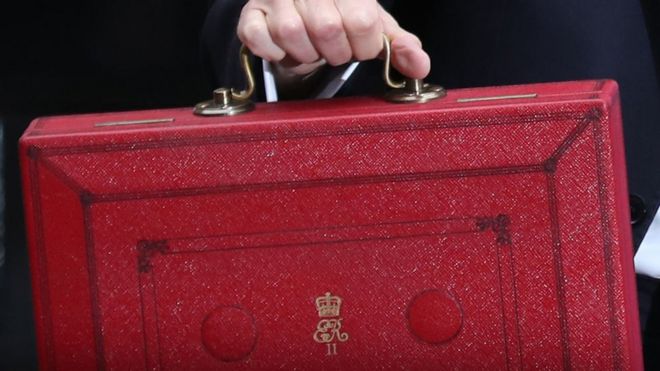
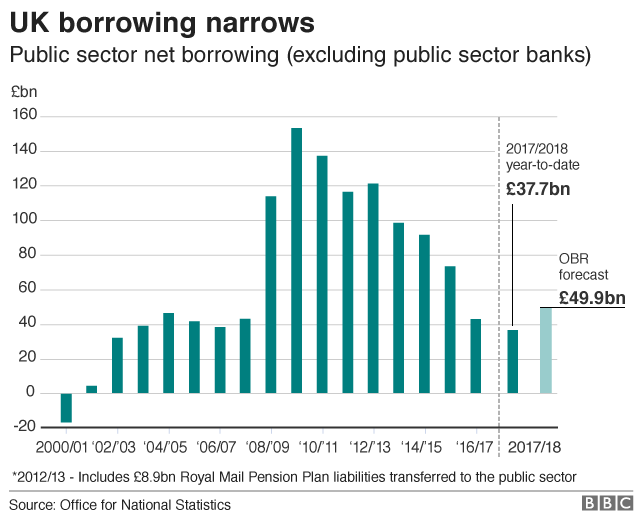
 CARILLION
CARILLION